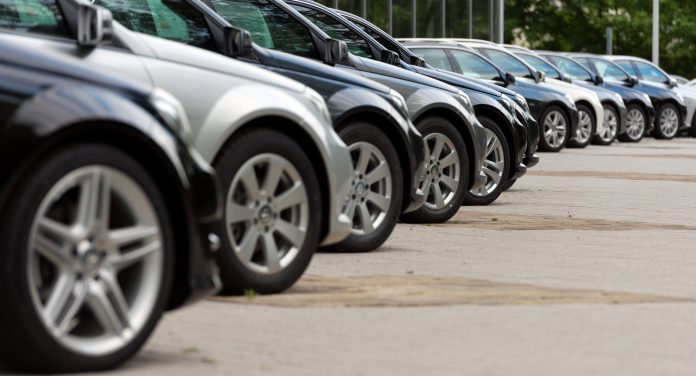UK manufacturing fell in September as Brexit uncertainty continues to weigh, according to a car industry body.
A 14 percent fall in demand drove an overall drop in the UK market, with increased air pollution quality measures in particular impacting the industry, the Society of Motor Manufacturers and Traders (SMMT) said.
Specifically, domestic demand fell 14.2 percent to 31,421 units in September, leading to an overall year-to-date production dip of 2.2 percent.
Mike Hawes, SMMT chief executive, said: “With UK car manufacturing falling for a fifth month this year, it’s clear that declining consumer and business confidence is affecting domestic demand and hence production volumes.”
“Brexit is the greatest challenge of our times and yet we still don’t have any clarity on what our future relationship with our biggest trading partner will look like, nor detail of the transitional deal being sought,” he said.
Air Quality
In addition, ambiguity of national air quality restrictions impacted confidence across the UK manufacturing industry, particularly with respect to diesel cars.
Mr Hawes said that “uncertainty regarding the national air quality plans also didn’t help the domestic market for diesel cars, despite the fact that these new vehicles will face no extra charges or restrictions across the UK.”
Notably, various car manufacturers have announced their intention to shift away from traditional engines, in favour of more environmentally hybrid alternatives in recent months.
In September, Tata-steel owned Jaguar Land Rover (NYSE:TTM) confirmed that the first of its new models would be a fully electric vehicle, the Jaguar I-Pace, which is set to go on sale in 2018.
Similarly, Volvo announced in July that its cars will no longer feature traditional diesel or petrol engines.
Concerns over Brexit
Moreover, SMMT CEO Mr Hawes warned that “leaving the EU with no deal would be the worst outcome for our sector”, and called for the government to “safeguard the competitiveness of the industry”.

